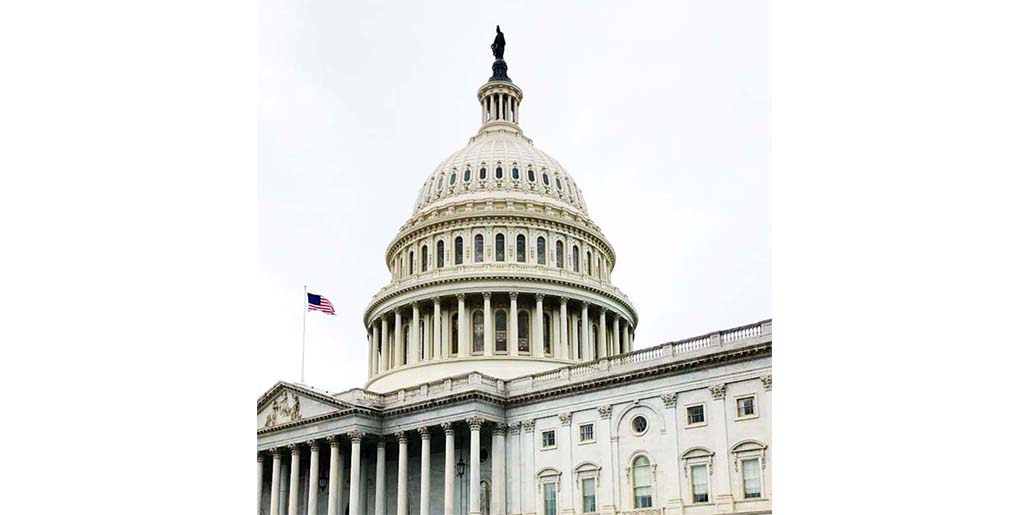NCCS Joins Letter Expressing “Serious Reservations” About “Right to Try” Legislation
NCCS is mindful of the wishes of patients for access to all possible treatment options, which may include access to investigational therapies outside a clinical trial. We have worked diligently over many years to improve the process for obtaining access to investigational agents, and we are pleased that we now have processes and procedures in place that result in timely FDA approval of almost all expanded access requests submitted by physicians and companies for patients who cannot participate in trials and have life-threatening illnesses. We believe the current FDA process for reviewing expanded access requests meets the needs of patients.
Read the full letter below.
CANCER LEADERSHIP COUNCIL
A PATIENT-CENTERED FORUM OF NATIONAL ADVOCACY ORGANIZATIONS
ADDRESSING PUBLIC POLICY ISSUES IN CANCER
February 16, 2018
The Honorable Paul Ryan
Speaker
House of Representatives
The Honorable Nancy Pelosi
Minority Leader
House of Representatives
The Honorable Greg Walden
Chair, Energy & Commerce Committee
House of Representatives
The Honorable Frank Pallone
Ranking Member, Energy & Commerce Committee
House of Representatives
Dear Speaker Ryan, Leader Pelosi, Chairman Walden, and Ranking Member Pallone:
The undersigned cancer patient organizations, professional societies, and research organizations are writing to express serious reservations about “right to try” legislation that will remove the Food and Drug Administration (FDA) from the approval process for patient access to an investigational therapy outside a clinical trial. We do not believe that this legislation will protect the interests of people with cancer and urge opposition to right to try bills if they are brought to the House floor for a vote.
Our organizations are dedicated to a cancer care system – including cancer research and development, regulatory review, and care delivery – that provides patients access to the best possible treatments without delay. Our public policy efforts are focused on assuring the delivery of the right treatment to the right patient at the right time. We are mindful of the wishes of patients for access to all possible treatment options, which may include access to investigational therapies outside a clinical trial, and we believe the current FDA process for reviewing expanded access requests meets the needs of patients.
We have worked diligently over many years to improve the process for obtaining access to investigational agents, and we are pleased that we now have processes and procedures in place that result in timely FDA approval of almost all expanded access requests submitted by physicians and companies for patients who cannot participate in trials and have life-threatening illnesses. Additional reforms recently enacted by Congress will likely, when fully implemented, address any lingering inefficiencies in the expanded access program.
These reforms include the provisions of the 21st Century Cures Act requiring companies to post expanded access policies on their websites and requiring clarification from FDA regarding the use of adverse event data for drugs obtained through expanded access. The Food and Drug Administration Reauthorization Act (FDARA) included a provision permitting Institutional Review Boards (IRBs) to appoint a single individual to review expanded access applications instead of requiring full IRB review, and this provision of FDARA may address a barrier that slowed the expanded access process for some.
We also note the work of the Reagan-Udall Foundation in establishing a compassionate use navigator program to help patients and their physicians in managing the expanded access process, including obtaining information about drug manufacturers’ policies on expanded access.
Patients will not be well-served by eliminating the role of FDA in reviewing expanded access requests. The agency has the expertise and experience to evaluate compassionate use applications and to assess potential risk and benefit to the patient. We believe that patients are protected by the engagement of FDA in this process.
The agency approves most requests for expanded access, but the agency of course cannot mandate that companies will make drugs available. In our experience, the major obstacle to drugs being available for expanded access requests is the limited supply of drugs that are still being investigated in clinical trials. The right to try legislation cannot address this issue, yet the bills can do harm by eliminating the important role of FDA in balancing risk and benefit to patients.
The most effective means for assuring patient access to new therapies is an efficient system of research and therapy development and rigorous and efficient regulatory review. Our organizations have contributed in many ways to improving the clinical research system and accelerating the development of new therapies. FDA has responded with urgency to the demand for new treatments by engaging in efforts to improve clinical trial design, in its approach to meetings and communication with sponsors, and in its efficiency in new drug review. The agency has also been engaged in efforts to address clinical trial enrollment criteria – an issue some of our organizations have also addressed – which may result in removing clinical trial participation barriers and may thereby enhance access to investigational therapies.
The patients, providers, and researchers we represent are among those who are pressing hard for faster access to new therapies. The reforms discussed above—to the expanded access process, to the clinical trials system, and to regulatory review—are critical to improving patient access to new therapies and saving the lives of cancer patients. We do not believe that right to try legislation removing FDA from the expanded access process is necessary and in fact may do harm to cancer patients.
We look forward to working with you on efforts to ensure access to quality care for all cancer patients. We do not believe that right to try legislation is consistent with that goal and urge your opposition to it.
Sincerely,
Cancer Leadership Council
American Society of Clinical Oncology
CancerCare
The Children’s Cause for Cancer Advocacy
Fight Colorectal Cancer
Hematology/Oncology Pharmacy Association
International Myeloma Foundation
The Leukemia & Lymphoma Society
Lymphoma Research Foundation
National Coalition for Cancer Survivorship
Prevent Cancer Foundation
Sarcoma Foundation of America
Susan G. Komen




